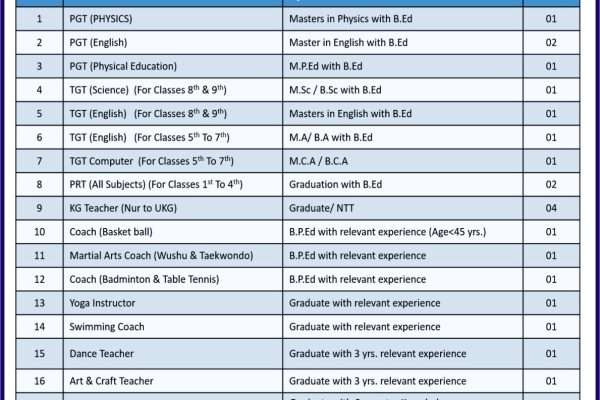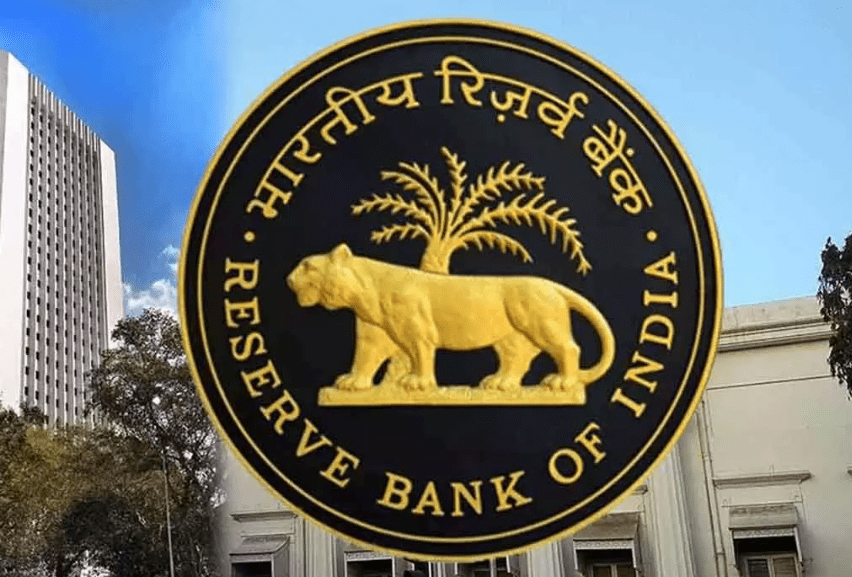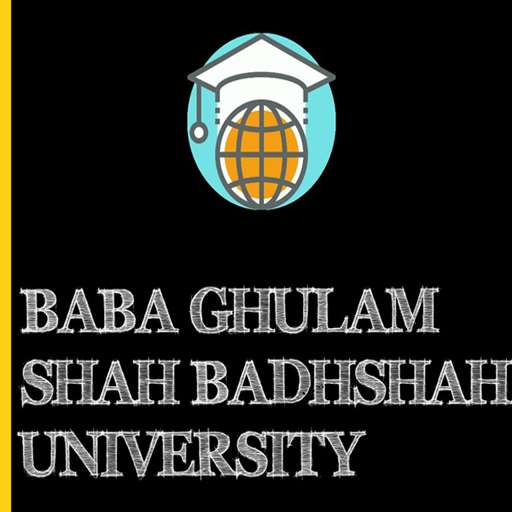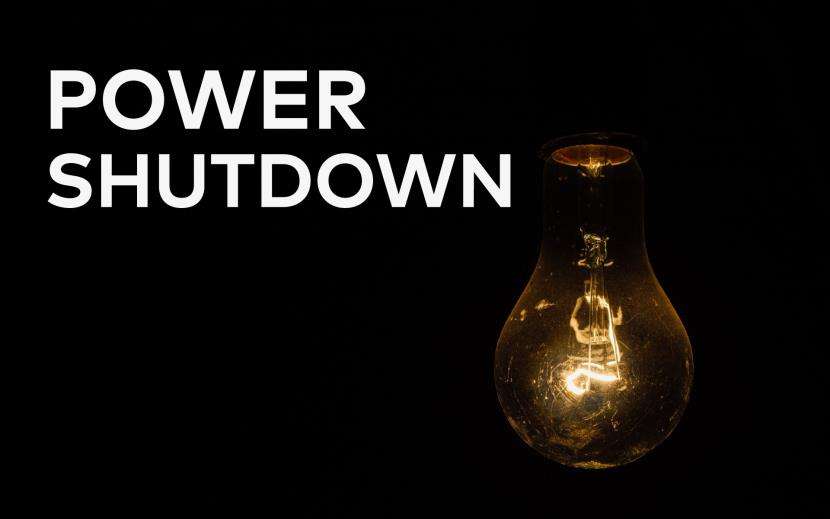20th December 2024 Daily Current Affairs
1. Ganges River Dolphin tagging has been conducted in which state for the first time?
Correct Answer: B [Assam]
Notes:
The first Ganges River Dolphin was tagged today in Assam, marking a historic step in wildlife conservation. The initiative is led by the Ministry of Environment, Forest, and Climate Change with execution by the Wildlife Institute of India (WII), Assam Forest Department, and Aaranyak. Lightweight tags compatible with Argos satellite systems minimize interference with dolphin movement. The project is funded by the National CAMPA Authority under Project Dolphin. Ganges River Dolphin found in the Ganges-Brahmaputra-Meghna and Karnaphuli-Sangu river systems in Nepal, India, and Bangladesh. It is listed as Endangered by IUCN, Appendix I under CITES, and Schedule I of the Wildlife Protection Act, 1972.
The first Ganges River Dolphin was tagged today in Assam, marking a historic step in wildlife conservation. The initiative is led by the Ministry of Environment, Forest, and Climate Change with execution by the Wildlife Institute of India (WII), Assam Forest Department, and Aaranyak. Lightweight tags compatible with Argos satellite systems minimize interference with dolphin movement. The project is funded by the National CAMPA Authority under Project Dolphin. Ganges River Dolphin found in the Ganges-Brahmaputra-Meghna and Karnaphuli-Sangu river systems in Nepal, India, and Bangladesh. It is listed as Endangered by IUCN, Appendix I under CITES, and Schedule I of the Wildlife Protection Act, 1972.
2. Which country has developed an mRNA vaccine for cancer patients?
Correct Answer: C [Russia]
Notes:
Russia has developed an mRNA-based cancer treatment vaccine, set to launch in early 2025 and offered free to citizens. The vaccine, costing the state 300,000 rubles (USD 2,869) per dose, uses genetic material from a patient’s tumour to train the immune system. It works by stimulating antibodies to target unique proteins (antigens) on cancer cells, effectively destroying them. Cancer rates in Russia are rising, with over 635,000 new cases in 2022, including colon, breast, and lung cancers. Similar personalised vaccines are under trial in the US (glioblastoma) and UK (melanoma), showing promising results.
Russia has developed an mRNA-based cancer treatment vaccine, set to launch in early 2025 and offered free to citizens. The vaccine, costing the state 300,000 rubles (USD 2,869) per dose, uses genetic material from a patient’s tumour to train the immune system. It works by stimulating antibodies to target unique proteins (antigens) on cancer cells, effectively destroying them. Cancer rates in Russia are rising, with over 635,000 new cases in 2022, including colon, breast, and lung cancers. Similar personalised vaccines are under trial in the US (glioblastoma) and UK (melanoma), showing promising results.
3. Gandhi Sagar Wildlife Sanctuary is located in which state?
Correct Answer: D [Madhya Pradesh]
Notes:
Madhya Pradesh plans to create a cheetah habitat in the Gandhi Sagar Wildlife Sanctuary, spanning 2,500 sq. km across Madhya Pradesh and Rajasthan. It is located in northwestern Madhya Pradesh. It lies in the Khathiar-Gir dry deciduous forests ecoregion along the Chambal River. Declared a sanctuary in 1974, it covers 368 sq. km and is recognized as an Important Bird and Biodiversity Area (IBA). The sanctuary features diverse topography, including hills, plateaus, and the catchment area of the Gandhi Sagar Dam, enhancing its ecological richness.
Madhya Pradesh plans to create a cheetah habitat in the Gandhi Sagar Wildlife Sanctuary, spanning 2,500 sq. km across Madhya Pradesh and Rajasthan. It is located in northwestern Madhya Pradesh. It lies in the Khathiar-Gir dry deciduous forests ecoregion along the Chambal River. Declared a sanctuary in 1974, it covers 368 sq. km and is recognized as an Important Bird and Biodiversity Area (IBA). The sanctuary features diverse topography, including hills, plateaus, and the catchment area of the Gandhi Sagar Dam, enhancing its ecological richness.
4. Which is the nodal ministry for the Directorate General of Commercial Intelligence and Statistics (DGCIS)?
Correct Answer: A [Ministry of Commerce and Industry]
Notes:
India’s gold imports surged threefold in November to a record $14.8 billion, prompting a “detailed examination” by the Directorate General of Commercial Intelligence and Statistics (DGCIS). DGCIS, under the Ministry of Commerce & Industry, collects, compiles, and disseminates trade statistics and commercial data for policymakers, traders, and researchers. Established in 1862, it is India’s oldest large-scale data processing organization and is headquartered in Kolkata. Sir William W. Hunter was its first Director General in 1871. DGCIS also publishes inland trade statistics on inter-state goods movement via rail, river, and air.
India’s gold imports surged threefold in November to a record $14.8 billion, prompting a “detailed examination” by the Directorate General of Commercial Intelligence and Statistics (DGCIS). DGCIS, under the Ministry of Commerce & Industry, collects, compiles, and disseminates trade statistics and commercial data for policymakers, traders, and researchers. Established in 1862, it is India’s oldest large-scale data processing organization and is headquartered in Kolkata. Sir William W. Hunter was its first Director General in 1871. DGCIS also publishes inland trade statistics on inter-state goods movement via rail, river, and air.
5. The Indian army has launched the “Artificial Intelligence Incubation Centre” in which city?
Correct Answer: B [Bengaluru]
Notes:
The Indian Army inaugurated the AI Incubation Centre (IAAIIC) in Bengaluru, led virtually by General Upendra Dwivedi. The centre reflects the Army’s focus on using Artificial Intelligence for operational excellence. It aims to foster innovation in military technology with AI-driven solutions. The initiative seeks to enhance decision-making, operational efficiency, and preparedness for future conflicts.
The Indian Army inaugurated the AI Incubation Centre (IAAIIC) in Bengaluru, led virtually by General Upendra Dwivedi. The centre reflects the Army’s focus on using Artificial Intelligence for operational excellence. It aims to foster innovation in military technology with AI-driven solutions. The initiative seeks to enhance decision-making, operational efficiency, and preparedness for future conflicts.










